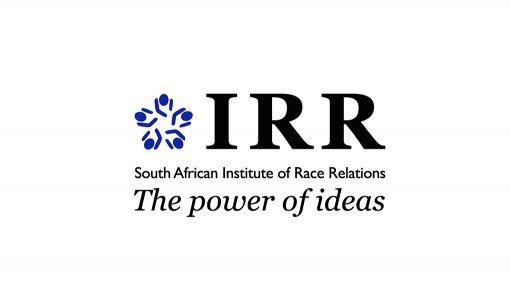
Hardly a day goes past without yet another report of financial crisis, corruption, bad governance, political interference, or chaos, or all five, at one or another of South Africa’s state-owned enterprises (SOEs).
Some of the biggest companies, such as South African Airways (SAA) and Eskom, would not survive without government guarantees enabling them to borrow money. These guarantees, however, pose a risk to the government's own financial position, which is being closely monitored by international credit ratings agencies.
Unless the government's own indebtedness can be reduced, it faces the risk of having its credit rating downgraded to "sub-investment", or "junk", status. The resulting increase in borrowing costs would squeeze other items in the budget, 60% of which is devoted to social spending.
This issue of @Liberty discusses the government's proposals to deal with the problems at SOEs. It juxtaposes these with the IRR’s alternative proposal – which is that they should be privatised.
Privatisation was in fact on the government’s agenda soon after the ANC came to power in 1994. Today the word is barely uttered except by those who vow that they will never allow it.
But privatisation has been one of the great economic success stories of the last 35 years. The experiences of various other countries are thus analysed, while some of the objections to privatisation are canvassed as well. Time and space constraints prevent dealing with all the problem companies (for example, the SABC), but the list of those covered is enough to get on with.